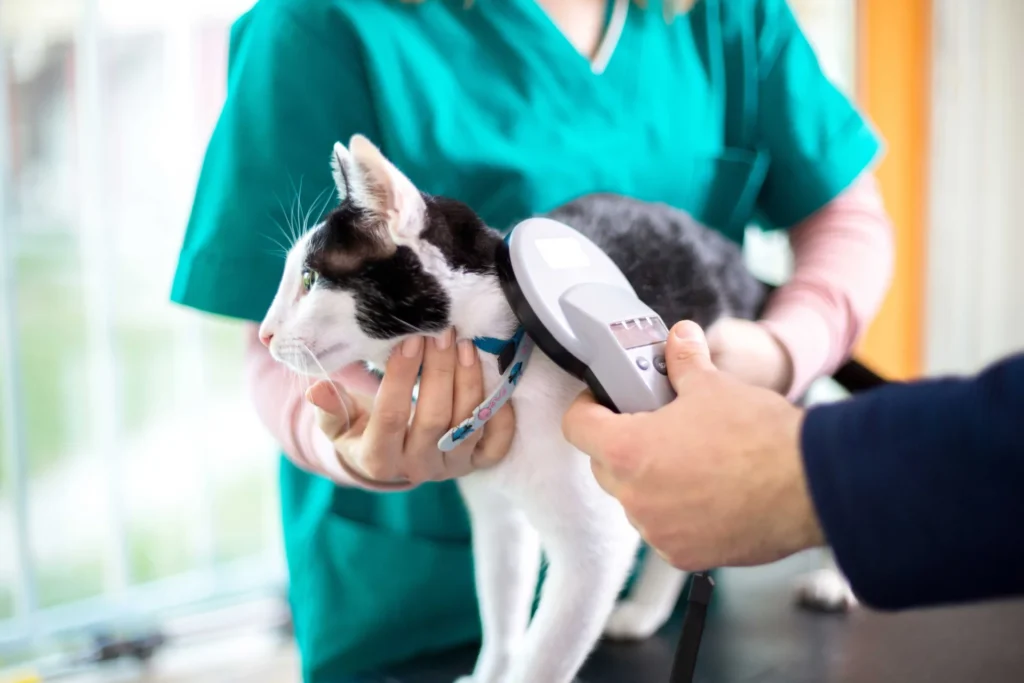Introduction
The iCatCare Veterinary Society, formerly known as the International Society of Feline Medicine (ISFM), is the veterinary arm of International Cat Care (iCatCare), a UK-based charity dedicated to improving the lives of cats worldwide. Renamed in January 2025 to reflect its alignment with the charity’s broader goals, the Society stands as a beacon for veterinary professionals passionate about feline health. With a legacy stretching back to 1958, it has evolved from a small volunteer-driven initiative into a global network that supports veterinarians, veterinary nurses, and technicians through education, research, and practical resources. This article explores the Society’s history, its mission to advance feline medicine, the tools it provides to professionals, and its tangible impact on cat welfare as of April 2025.
A Historical Journey: From FAB to iCatCare Veterinary Society
The roots of the iCatCare Veterinary Society trace back to the Feline Advisory Bureau (FAB), founded in 1958 by Joan Judd, a cat enthusiast frustrated by the lack of feline-specific medical knowledge. At the time, veterinary care was predominantly focused on dogs, with cats often receiving inadequate or inappropriate treatments. Judd’s vision was to create an organization that would fund research, educate veterinarians, and disseminate feline health information. For its first decade, FAB operated with volunteers, gradually unraveling the complexities of feline diseases.
By the late 1960s, FAB had enough resources to employ its first veterinarian, Charles Povey, who researched feline infectious diseases at Bristol Veterinary School. This marked the beginning of a scientific approach to feline medicine. In the 1990s, FAB launched its veterinary division, the European Society of Feline Medicine (ESFM), which later became the ISFM as its reach expanded globally. The charity itself rebranded to International Cat Care in 2013, reflecting its international scope, and in 2025, the ISFM was renamed the iCatCare Veterinary Society to unify its identity with iCatCare’s mission. Today, it serves thousands of veterinary professionals across continents, fostering a community dedicated to feline welfare.
Mission and Vision: Elevating Feline Care Worldwide
The iCatCare Veterinary Society’s mission is clear: to improve the health and welfare of cats by equipping veterinary professionals with the knowledge, tools, and support they need. Cats are unique creatures—physiologically, behaviorally, and emotionally distinct from other companion animals. This uniqueness demands specialized care, a need the Society addresses through education, research, and advocacy. Its vision is a world where every cat receives high-quality, tailored veterinary attention, reducing suffering and enhancing quality of life.
The Society achieves this by offering continuing professional development (CPD), publishing cutting-edge research, and promoting cat-friendly practices. It collaborates with national feline veterinary groups, such as the American Association of Feline Practitioners (AAFP), and hosts international events to share expertise. As of April 2025, its efforts are amplified by a growing digital presence, making resources accessible to professionals in remote or underserved regions.
Resources and Tools for Veterinary Professionals
The iCatCare Veterinary Society provides an extensive suite of resources that empower veterinarians and nurses to excel in feline medicine:
- Continuing Professional Development (CPD): The Society offers over 35 hours of CPD annually, including webinars, podcasts, and clinical clubs. Topics range from feline idiopathic cystitis to advanced surgical techniques, ensuring practitioners stay current with the latest advancements. Virtual congress recordings provide additional learning opportunities.
- Publications: The Journal of Feline Medicine and Surgery (JFMS) and JFMS Open Reports, published with the Feline Veterinary Medical Association (FelineVMA), are cornerstone resources. JFMS, with an impact factor of 1.9, delivers peer-reviewed research, while JFMS Open Reports focuses on case studies and practical insights. Both are open-access, broadening their reach globally.
- Cat Friendly Clinic Program: Launched to minimize stress during veterinary visits, this accreditation program is free for Society members. It guides clinics in adopting cat-friendly practices, such as separate waiting areas for cats and gentle handling techniques, improving outcomes for cats and owners alike.
- Nurse Membership: Veterinary nurses and technicians benefit from free membership, which includes access to the Feline Focus journal, webinars, and a resource library. This initiative recognizes their critical role in feline care and supports their professional growth.
- Community and Events: The Society fosters a global network through forums and events like the World Feline Congress (scheduled for June 26-27, 2025, in Edinburgh). These platforms encourage collaboration, case discussions, and innovation among feline specialists

Impact on Feline Health and Welfare
The iCatCare Veterinary Society’s influence is profound. By educating professionals, it ensures cats receive care tailored to their specific needs, reducing misdiagnoses and ineffective treatments. The Cat Friendly Clinic program, now adopted by thousands of practices worldwide, has demonstrably lowered stress-related health issues in feline patients. Research published in JFMS has informed clinical guidelines, such as the 2025 consensus on lower urinary tract diseases, directly improving diagnostic and management strategies.
Moreover, the Society’s advocacy extends to unowned cats, supporting initiatives like trap-neuter-return (TNR) programs to manage populations humanely. Its free resources for nurses have elevated standards in primary care settings, while its global partnerships amplify its reach, benefiting cats in diverse regions from Europe to Asia.
Challenges and Future Directions
Despite its successes, the Society faces challenges. Access to advanced feline care remains limited in low-resource areas, and misinformation about cat health persists among owners. Moving forward, the Society aims to expand its digital outreach, develop more multilingual resources, and strengthen ties with emerging veterinary communities in Africa and South America. Innovations like AI-driven diagnostic tools and expanded telemedicine support are also on the horizon, promising to revolutionize feline care by 2030.
Conclusion
The iCatCare Veterinary Society stands as a testament to the power of specialized knowledge and collective action. From its humble beginnings to its current status as a global authority, it has transformed feline medicine, ensuring cats—often overlooked in veterinary history—receive the attention they deserve. As it continues to grow, the Society remains committed to its founding ethos: better knowledge leads to better care. For veterinary professionals and cat lovers alike, it is an indispensable ally in the quest for a cat-friendly world.


Leave a Reply